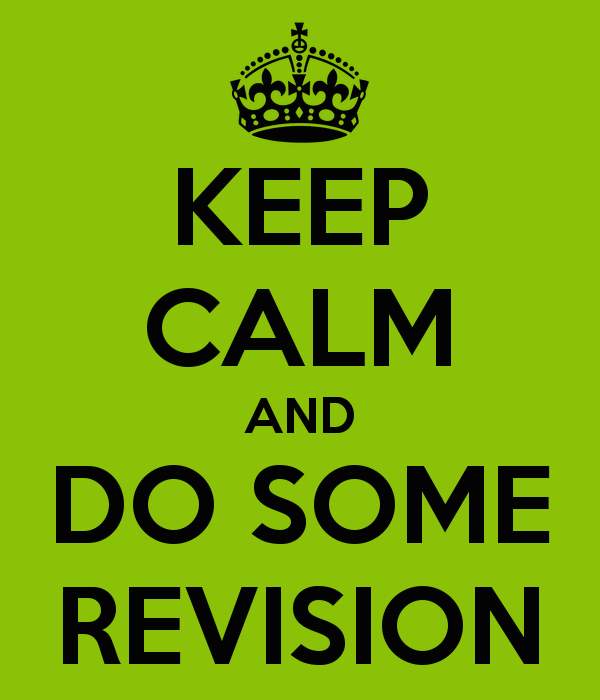Paper Cost Some People Everything
Over at Lapham's Quarterly there is a story entitled "Flesh and Page" . I knew a bit about the making of parchment and the switch to paper because it seemed like a good story. But this article is a full-blown history of how parchment was made--animal by animal. The author of the article, Bruce Holsinger, asserts instructions for making parchment were not well written, often incomplete, or even insensible. But since parchment was an expensive commodity, medieval creators more likely were loath to reveal their recipes. When making a local product with local animals and local organic base and acidic compounds, recipes were bound to vary and vary widely. Regardless, there are dozens of recipes left from medieval times. Parchment had a reverential place in most societies. So much so, that it caused religious uproars regarding the manner in which animal skins were prepared especially among Jews, Christians, and Muslims. But another argument seems to rival religious authority....

